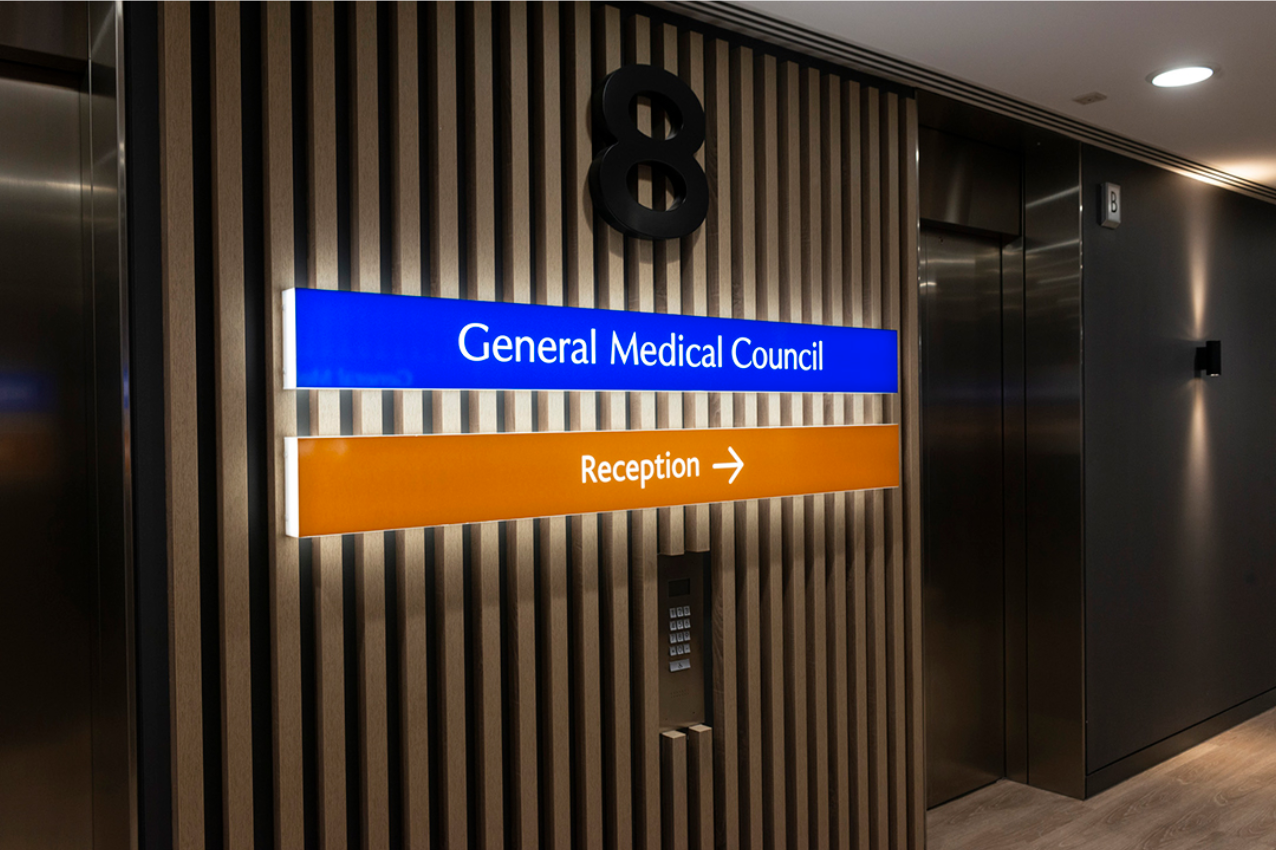
Take control of your future
The PLAB 2 Exam: It's not just a medical test, it's a test of insight.
As someone who worked firsthand inside the GMC's Clinical Assessment Centre for many years, I saw the frustrating pattern that costs talented International Medical Graduates (IMGs) time, money, and emotional toll.
The challenge was never a doctor's medical expertise. The failure point was consistently a lack of deep insight into the exam's format, the hidden objectives of the scenarios, and the specific communication skills being tested.
I saw countless good doctors fail, purely because they were missing a direct, proven roadmap. I decided to change that, turning my insider knowledge into your ultimate preparation strategy.
It’s time to stop guessing and start succeeding.
Core Modules Covered
Many courses lean on the title of "Doctor" or "Ex-Examiner" for validity.
The truth is, while former examiners are indeed Doctors, their expertise has a critical flaw: The moment an examiner starts teaching PLAB 2, their access to the constantly evolving exam scenarios is immediately cut off due to strict GMC conflict-of-interest rules. Their title remains, but their insight is historical.
The choice is stark: An examiner cannot retain their Licence to Practise while running an academy. When they choose to teach PLAB 2, they must relinquish their licence, exempting them from the 5-year revalidation process. This removes the official assurance that the medical knowledge they teach is current and fit for modern UK standards.
Our advantage isn't a past role, it's a methodology built on current, real-world scenario analysis and evolving GMC assessment metrics, ensuring the roadmap you follow is live, current, and ready for your exam day.
Here are a few key modules we will cover.
Key Scenarios
The SimMan Simulator
Practical Assessments
Remote Consultations
Overcoming Cultural Differences
Unfortunately, many doctors fail PLAB 2 not because their clinical knowledge is lacking, but because they struggle to navigate the specific communication and ethical standards of the UK healthcare system.
The biggest hurdle isn't medicine; it's the cultural shift in how you interact with patients and colleagues. Your prior training is fantastic, however the GMC is assessing your knowledge and skills, which requires adopting a new communication style.
We'll turn this perceived barrier into your greatest strength, teaching you precisely how to demonstrate patient-centered care and UK professionalism in every station.
The Professional Power Dynamic:
Understand the fundamental difference between your home country's doctor-patient relationship and the UK's model of shared decision-making.
Stop feeling the pressure to dictate treatment and learn how to work with the patient (a major examiner focus).
Bridging the Gap
Here are five key areas we'll master to ensure you excel in the exam:
Addressing Sensitive Topics & Confidentiality:
Moving past the fear of asking direct, necessary questions about lifestyle, mental health, or domestic issues.
We'll give you the exact framework to approach deeply sensitive subjects respectfully while fully adhering to strict GMC guidelines on consent and confidentiality.
Managing Emotional and Angry Patients:
Learn structured communication techniques to handle stations involving challenging, distressed, or aggressive individuals.
We'll cover the specific steps to demonstrate empathy and de-escalation, which are essential for passing these high-stakes scenarios.
De-jargonising Language:
Eliminate the pain point of using overly complex medical terminology that confuses patients.
Master the art of using clear, simple, and appropriate language, ensuring patients fully understand their diagnosis and management plan.
Non-Verbal Cues and Rapport Building:
Overcoming the barrier of missing or misinterpreting critical non-verbal signals (eye contact, posture, physical distance).
Learn how to quickly establish rapport and demonstrate genuine concern through culturally appropriate body language and active listening, ensuring you are assessed as warm and approachable, not just clinically correct.








